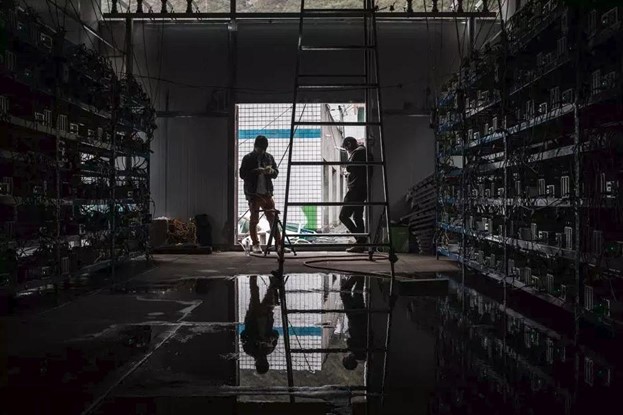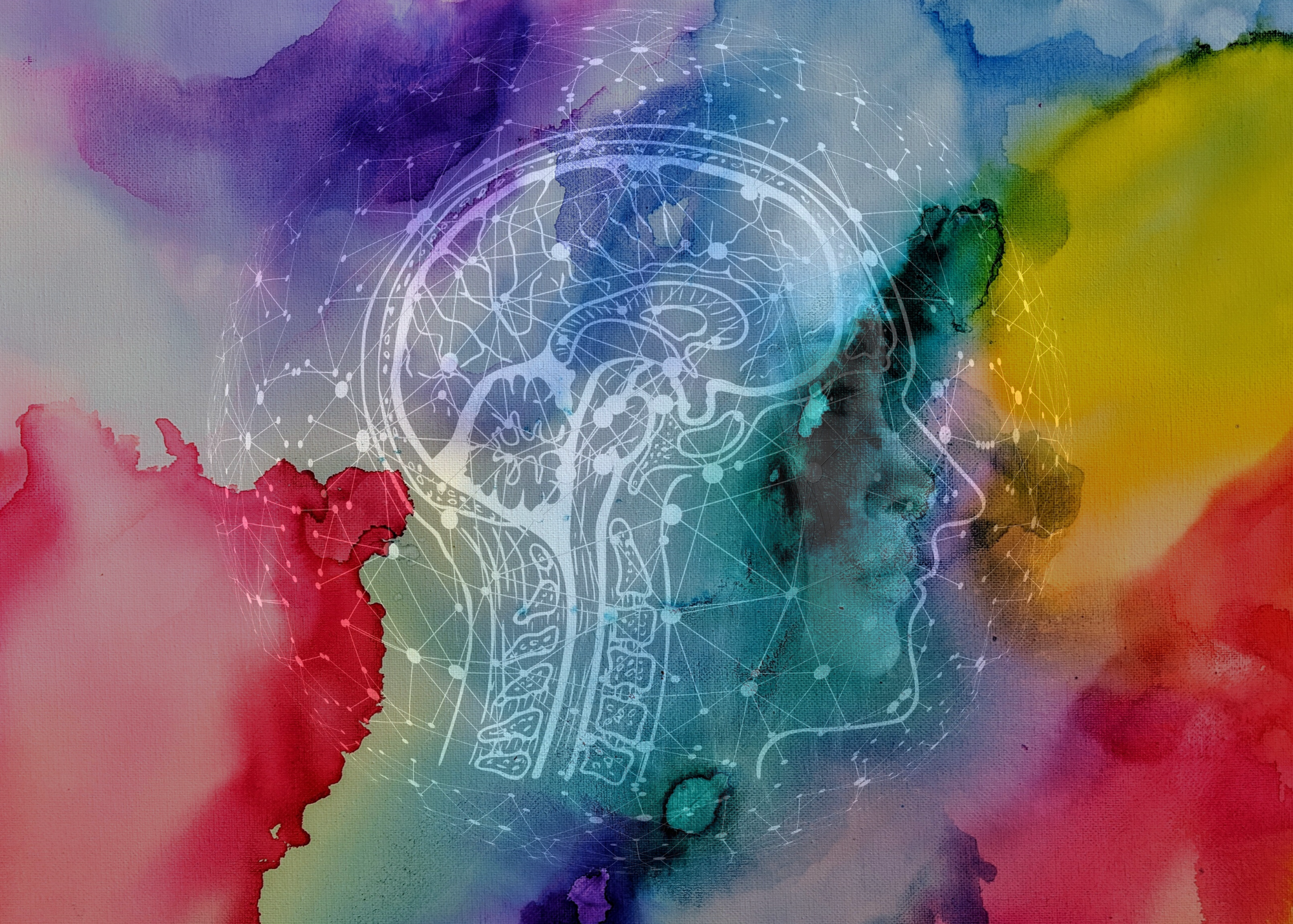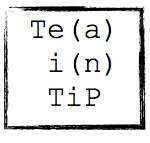Based at the IT University of Copenhagen, the section of Technologies in Practice conducts qualitative studies of technologically mediated practices in organisations and everyday life.
The vast majority of societal challenges demand critical engagement with contemporary technologies.
Our interdisciplinary environment provides students and researchers with the resources necessary for analysing entanglements of the social and technical with and through IT.
News
Ekphrastic Writing
During her October visit, Dr. Catherine Trundle will be participating in a PhD course and also holding a 2h workshop on Ekphrastic Writing. On Friday 4th, 10-12 we will meet at the ETHOS Lab to consider Ekphrastic writing as an ethnographic mode of attention. The workshop asks us to consider the place of poetics within […]
Tea in TiP with Ana Carolina de Assis Nunes
Welcome to our informal interview series with visitors to the research group. It is called Tea in TiP because interviewees are invited to share a cup of tea (digitally, virtually, in person, and sometimes coffee) and talk about what they hope to work on while visiting ITU and TiP. Ana Carolina de Assis Nunes is […]
 TiP on Mastodon
TiP on Mastodon
- UntitledSuper proud of TiP member Irina Papazu for winning the Freeman Award, with co-editor Andreas Birkbak for the book "Democratic Situations". The prize will be awarded at the #EASST4S24 conference - for mroe see here https://tip.itu.dk/2024/07/04/democratic-situations-wins-the-freeman-award/
- UntitledWondering what to go and see at 4S/EASST this year? Take a look at the TiP Panels and presentations - quick summary here. https://tip.itu.dk/2024/07/04/4s-easst-making-and-doing-transformations/ #EASST4S24
Research
We are an interdisciplinary group, with a shared interest in qualitative studies of technologically mediated practices. Our work is funded by the Danish Research Council, European Union's Horizon 2020 program, Carlsberg Foundation, Innovation Foundation, Novo Nordisk and the Velux Foundation.
Teaching
We closely integrate our role as educators with our work as a research group. Our international faculty use insights from around the world in their teaching. Our teaching draws on disciplinary backgrounds such as information studies, history, anthropology, sociology, and critical computer science. We aim to help students address the critical questions arising at the intersection of society and technology.





